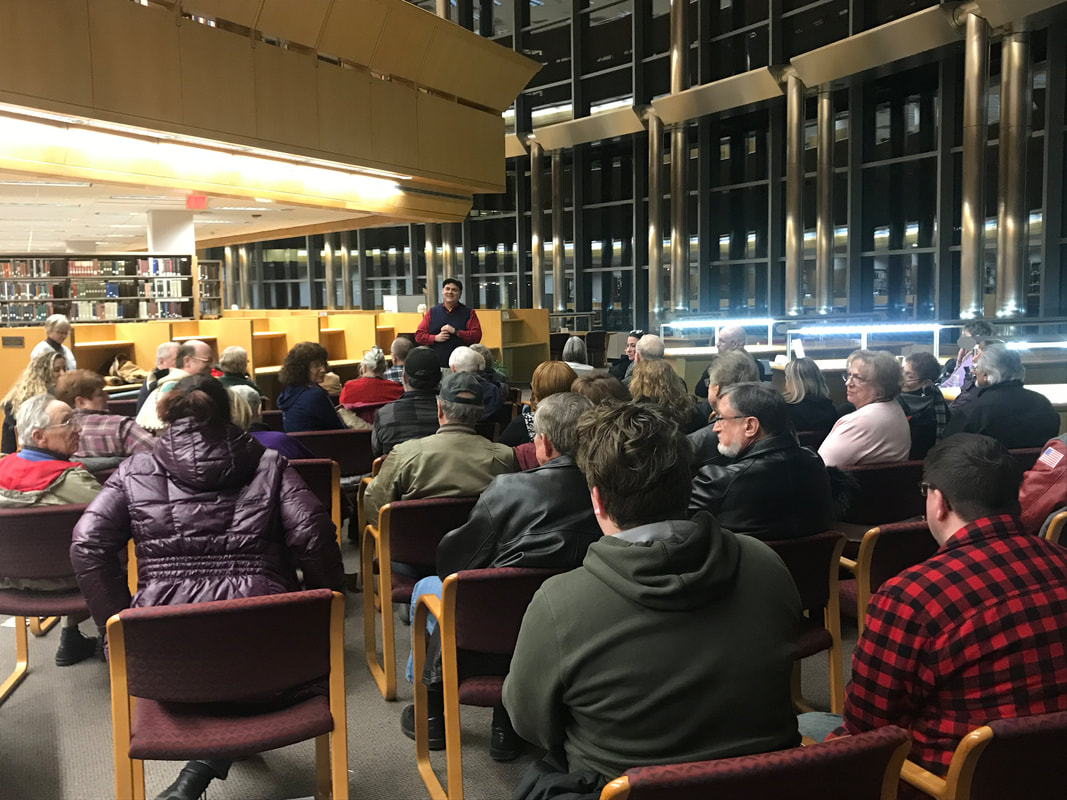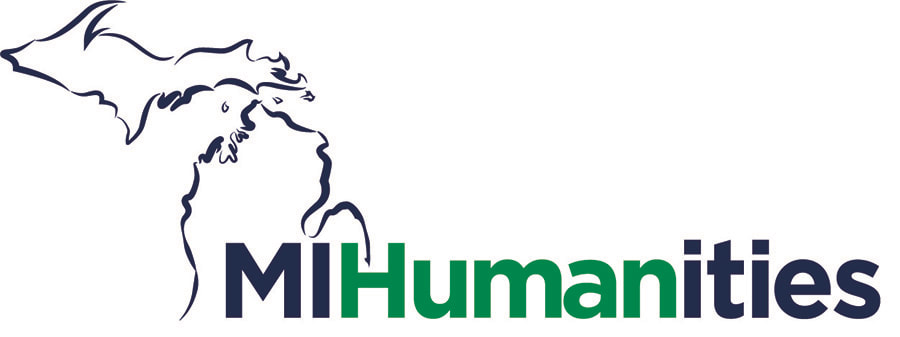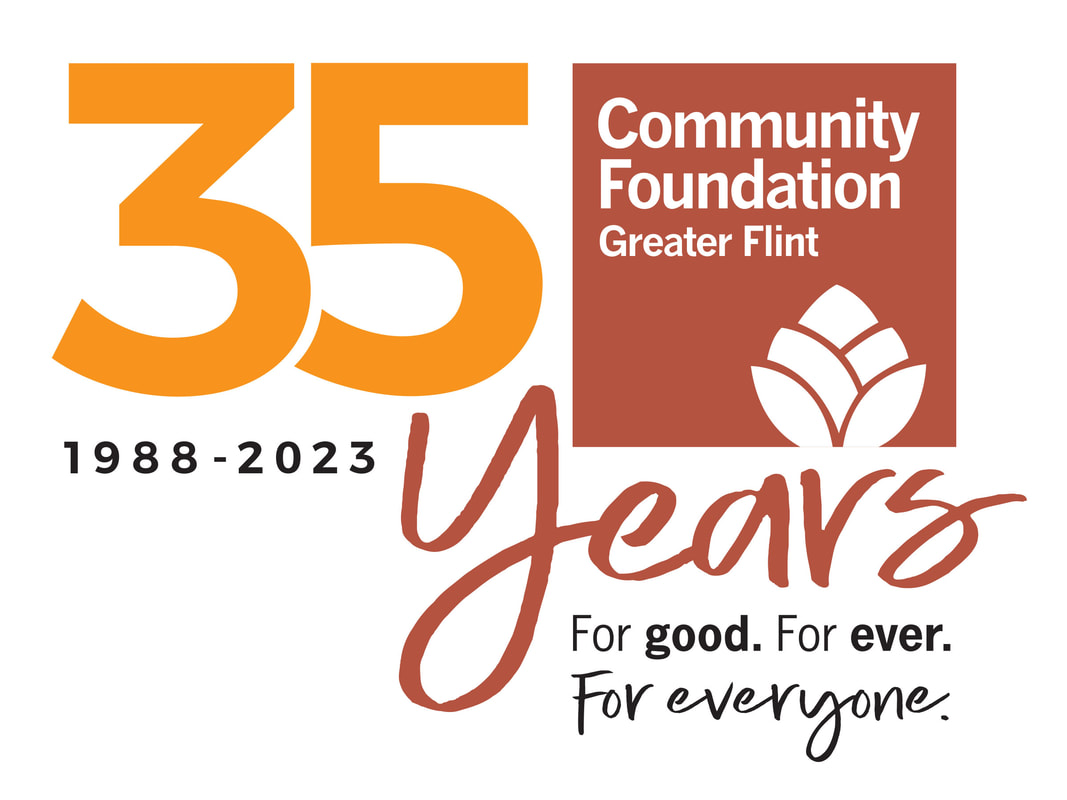Sit-Down to Shutdown:
The eight decade war between General Motors and the UAW is one of the most impactful and poorly understood episodes in American history. 'Sit-Down to Shut Down' is an engaging presentation that explores its ongoing cultural ramifications.
In the frozen winter, at the end of December 1936, local autoworkers made their first stand with the UAW, when they shut down Flint Fisher Body Plant #1. Quickly, the movement spread to other plant locations, leading to violent clashes with the police and the eventual involvement of the National Guard.








